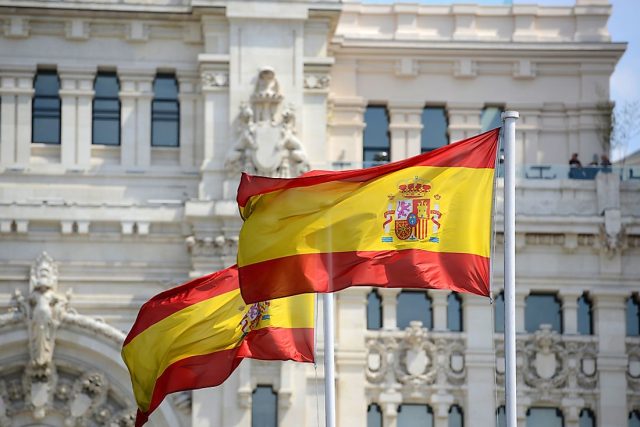Spain has removed the 90-day minimum stay requirement for certain foreign work permits under its Entrepreneurs Law, enabling skilled professionals to undertake short-term assignments legally and more efficiently.
The policy shift now allows authorities to issue work permits valid for less than 90 days under select high-skilled immigration categories, including the EU Blue Card, Highly Qualified Professional, Researcher, and Intra-Company Transfer permits.
Previously, these permits were only granted for assignments lasting 90 days or longer, limiting flexibility for foreign talent engaged in short-duration projects.
With the new rule, companies and organisations operating in Spain can now legally bring in foreign experts for brief consulting roles, innovation, or research collaborations without relying on a Schengen visa, which does not permit work.
This aligns work authorization with the actual length of temporary projects and assignments, a move seen as a response to the increasing global demand for mobility among high-skill professionals.
The reform applies strictly to immigration tracks under the Entrepreneurs Law, a regime designed to attract global talent, fast-track processing, and support Spain’s startup and innovation ecosystem.
This development marks a major shift in Spain’s approach to temporary foreign work, making it easier for companies to hire specialists for short-term tasks without the burden of long-term permit processes.
More insights
Under the revised framework, applicants must still meet the full eligibility requirements associated with each visa category, including educational qualifications, employment contracts, and salary thresholds.
- The change does not apply to Spain’s General Regime, which continues to govern standard work permits, non-lucrative visas, and family reunification pathways. Permits under this regime still require a minimum stay of 90 days.
- The short-term flexibility is limited exclusively to permits issued under the Entrepreneurs Law, which was originally introduced to attract foreign investors, skilled workers, and digital professionals to Spain’s innovation ecosystem.
- The new policy complements Spain’s 2023 Startup Law, which introduced the digital nomad visa and other fast-track permits aimed at attracting remote workers and global tech talent.
By making short-term permits available under the latter, Spain aims to better align its immigration policies with evolving global work patterns.
What you should know
The removal of Spain’s 90-day minimum stay requirement for certain foreign work permits falls under Law 14/2013, known as the Entrepreneurs Law.
Introduced to attract global talent, this law provides streamlined permits for investors, entrepreneurs, and highly skilled professionals.











